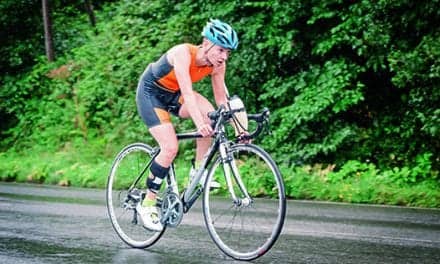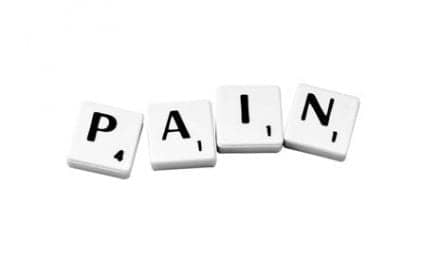A recent study suggests that exercising early in live may positively alter the microbial community in the human gut, promoting healthier brain and metabolic activity during one’s lifetime.
The study from the University of Colorado at Boulder and published in the journal Immunology & Cell Biology, suggests also that there could be a window of opportunity early in life to optimize the chances of better lifelong health.
Microbes take up residence within human intestines shortly after birth and are vital to the development of the immune system and various neural functions. These microbes can add as many 5 million genes to a person’s overall genetic profile and thus have tremendous power to influence aspects of human physiology.
While this diverse microbial community remains somewhat malleable throughout adult life and can be influenced by environmental factors such as diet and sleep patterns, the researchers found that gut microorganisms are especially “plastic” at a young age, a release from the University of Colorado at Boulder explains.
The study’s senior author, Monika Fleshner, a professor in CU-Boulder’s Department of Integrative Physiology, as well as her research team, note in the study that juvenile rats who voluntarily exercised every day developed a more beneficial microbial structure, including the expansion of probiotic bacterial species in their gut compared to both their sedentary counterparts and adult rats, even when the adult rats exercised as well, per the release.
The research team has not yet pinpointed an exact age range when the gut microbe community is likeliest to change, but they suggest that the earlier the better.
Healthy gut microbes also appear to promote healthy brain function and provide antidepressant effects, according to the release.
Future studies from the research team will explore novel means of encouraging positive gut microbe plasticity in adults, who tend to have stable microbial communities that are more resistant to change, the release notes.
[Source(s): University of Colorado at Boulder, EurekAlert]





